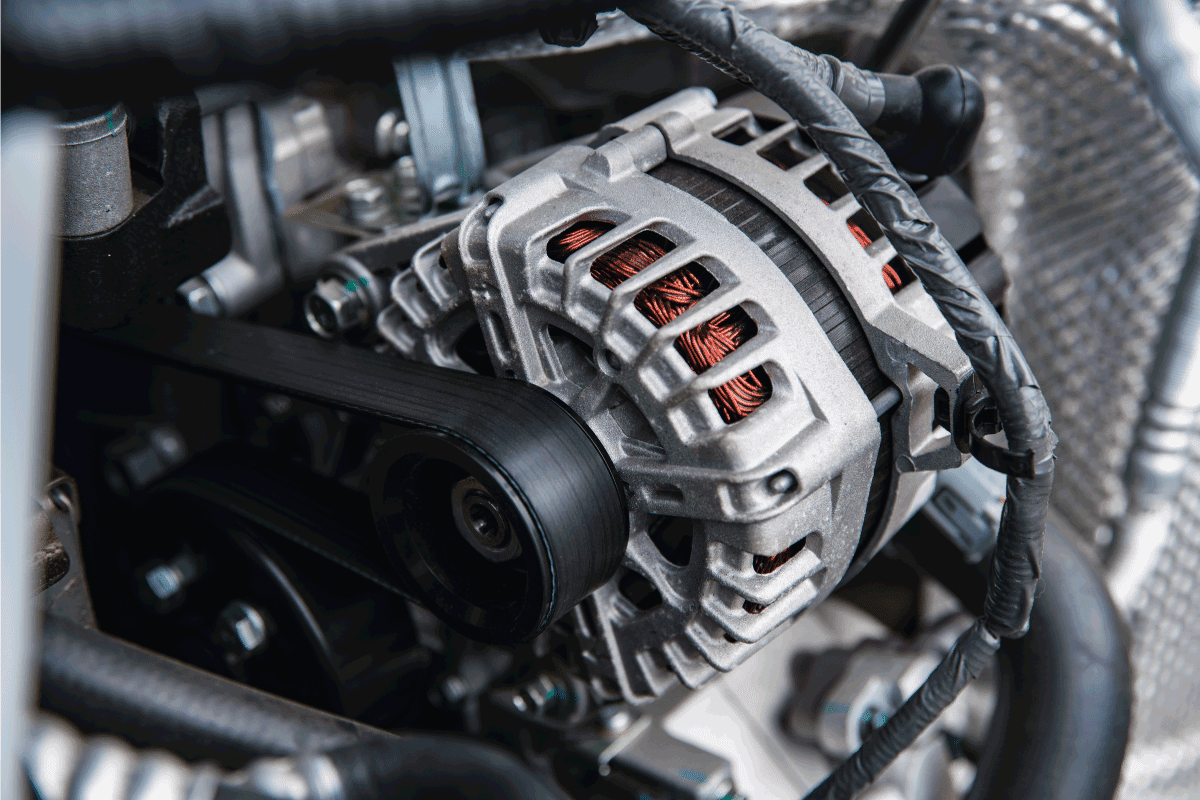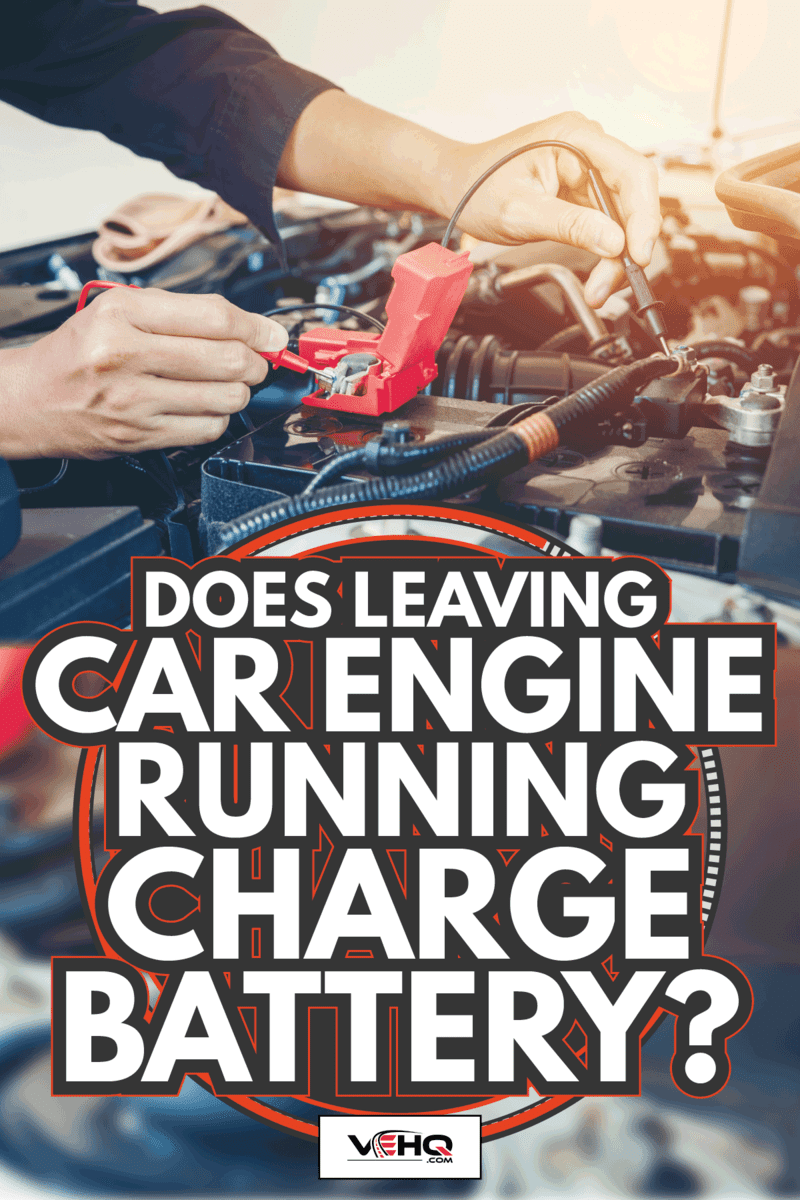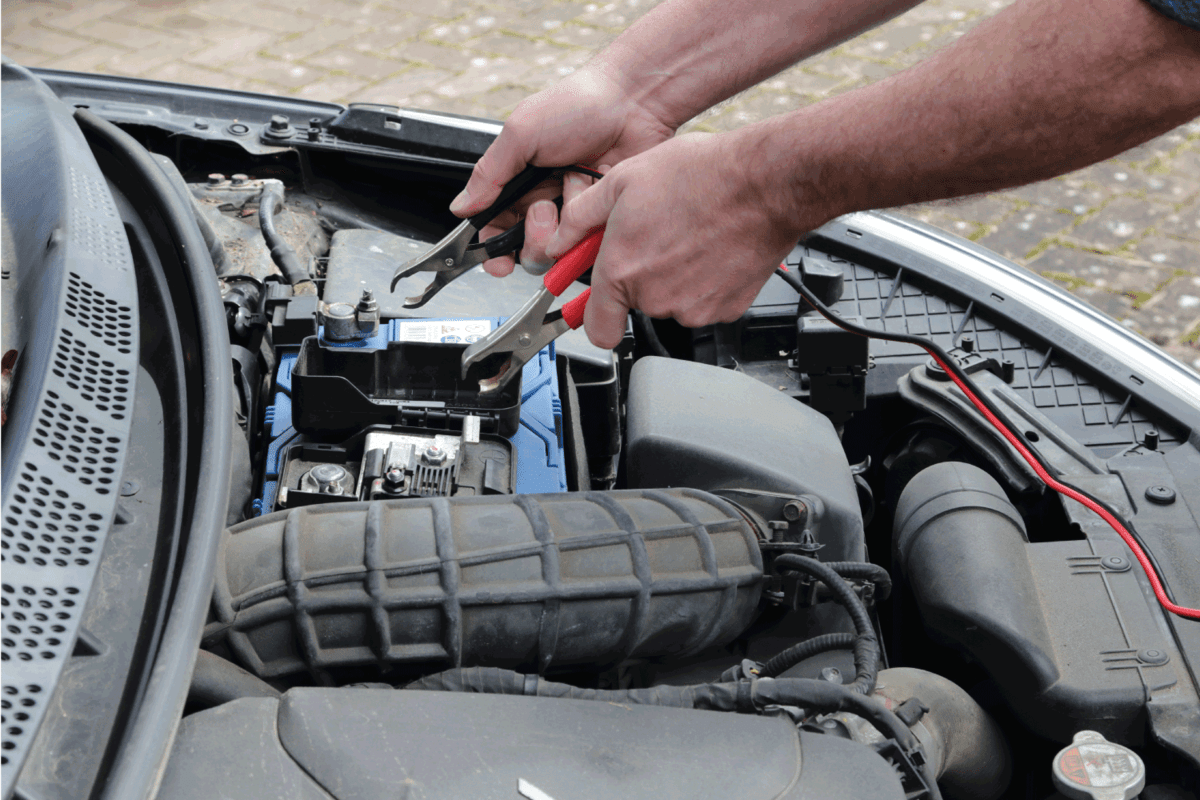Does Leaving Car Engine Running Charge Battery
Many of us have relocated town where we rarely need to drive. BigTex Seven Time F1 World Champ.

When Does A Car Battery Charge You Ll Be Surprised
A borderline alternator may provide enough charge in normal driving but too little during idle.

. Your car will run off the battery until it uses the battery charge up completely. As facade says at idle you do need to let it run for a long while or you actually end up with a battery that has very little charge. A drive of 200 miles at 60 MPH.
Another option is to disconnect the battery remove it from the car and charge it. Common causes of stop vehicle leave engine running. Sadly the short answer is No.
The jump-starter is designed to give your battery a quick boost of power a llowing your cars engine to start. Even driving short distances will not fully charge battery eith all of todays electrical components. But in reality several things might occur if your car.
While some individuals advocate that you leave your car running to charge the battery this is not generally recommended. The answer is YES yes the car battery does charge while the engine is idling. Although the alternator is limited to an output of 14V this does seem to make a difference.
That is being turned by the engine crankshaft. Your alternator produces electricity when your cars engine is running so as long as your car engine is on and your alternator is working properly your car battery will be charged. Can you charge your car battery leaving the engine running on your driveway.
In this case the cars ignition system and accessories will drain the battery when the engine idles. To charge the battery you will need to start the engine and leave the engine running for at least 20 minutes preferably more. Your car battery will be charged by your alternator which will provide electricity to charge the battery.
Its important to allow the engine to run for this long so the battery can charge properly. However significantly discharged batteries will require you to rev the engine to provide some charge. Have you ever had a dead car battery.
There are limits on how long you can leave your car running before you experience trouble or introduce the possibility of mechanical failures. Now that we know that a running car engine will charge the battery well take a closer look at how this system operates. However the question is will letting it idle for 20 minutes put more charge in the battery.
For newer cars this holds regardless of cold-idle level since the alternator is being driven by engine RPM - the primary load on the alternator during idle is engine ignition not battery charging so I would take some measurements to see what your alternator is doing if anything during idle. Idling your automobile for 15-20 minutes can provide enough charge to your battery to allow you to restart your vehicle but it is not necessarily beneficial to your vehicle. A car battery is charged by the alternator.
Brakes Sometimes when a cars parked up for a long period with the parking brake on the brakes can seize. Essentially a car battery is only used for cranking the car engine when it is initially started. If all the electrics lights heated screem etc are off then just idling it will charge the battery.
Again assuming that the battery can still hold a charge. How Does A Car Battery. However over time as it ages it will experience a natural fall off in its capacity to hold its charge and will go dead more frequently.
If your battery is under the rear seat or trunk area use the positive terminal and ground in the engine bay to charge the battery installed under a seat or trunk. Generally the car system ensures the battery is charged at all times. Never leave your car unattended with the engine running.
As long as the mechanical action of the alternator is taking place. In a vacuum and with infinite fuel your engine would continue to run forever. Again I encourage you to watch the video above this answer will make more sense.
Remember idling means your engine runs continuously at low power. But How Long To Leave A Car Running To Charge Battery. So leaving a car engine running will charge the battery.
The good news is that yes your car battery will charge when idling. In the case of petrol engine cars it also helps to prevent engines from flooding with fuel. Charging the battery at will at best charge your about 23 full charge at best.
Commonly used lead-acid batteries will usually be charged when the alternator is running. Keeping ignition on with the engine turned off Leaving the lights on - interior or exterior Parasitic current draw draining the battery when the vehicle is parked The battery is no longer holding a charge test and replace the battery. In this video using my 2019 C43 AMG we test if this is possible.
12 April 2014 at 851PM EdGasket 35K Posts. Connect a charger to the battery positive and negative jump-starting posts in the engine bay. A battery charger is specifically built to charge your battery over many hours.
The alternator will only operate if the engine is running. Answer 1 of 20. Sometimes its best to rev the engine and leave it revving for a little while too.
There are other reasons for a battery running flat including. Your brand new battery-jump starter will not charge your car battery. It takes some time to restore the charge used by starting Whilst driving around isnt necessary to charge the battery it might be a good idea if the car has been standing for a while to take it for a bit of a drive.
Yes revving your engine will charge your battery but not all the time. Then its job is done.

Does Leaving Car Engine Running Charge Battery


No comments for "Does Leaving Car Engine Running Charge Battery"
Post a Comment